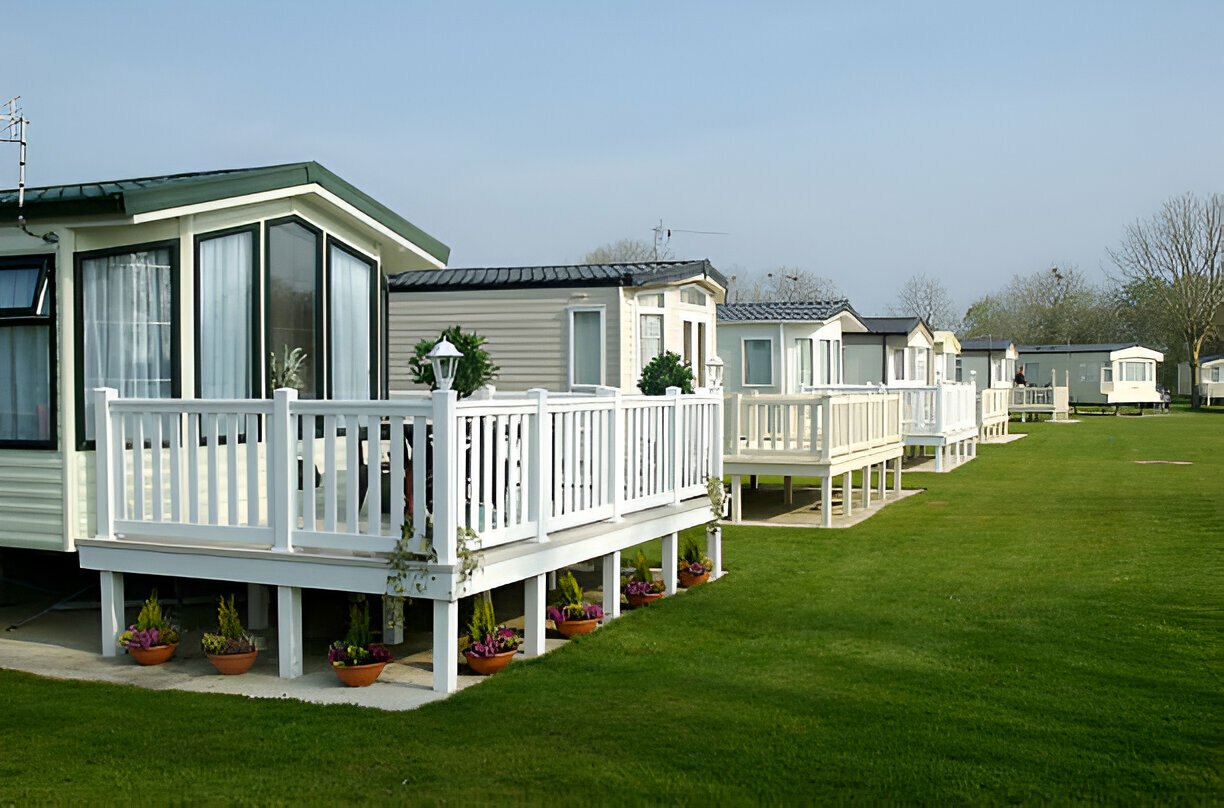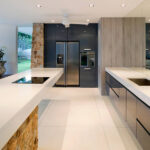What Is A Modular House?
Modular houses, also known as prefabricated homes, are gaining popularity in 2024 due to their innovative construction methods and numerous benefits. These homes are built in sections or modules off-site in a controlled factory environment, then transported and assembled on the final site. Let’s explore the various aspects of modular houses and why they are a top choice in the housing market this year.
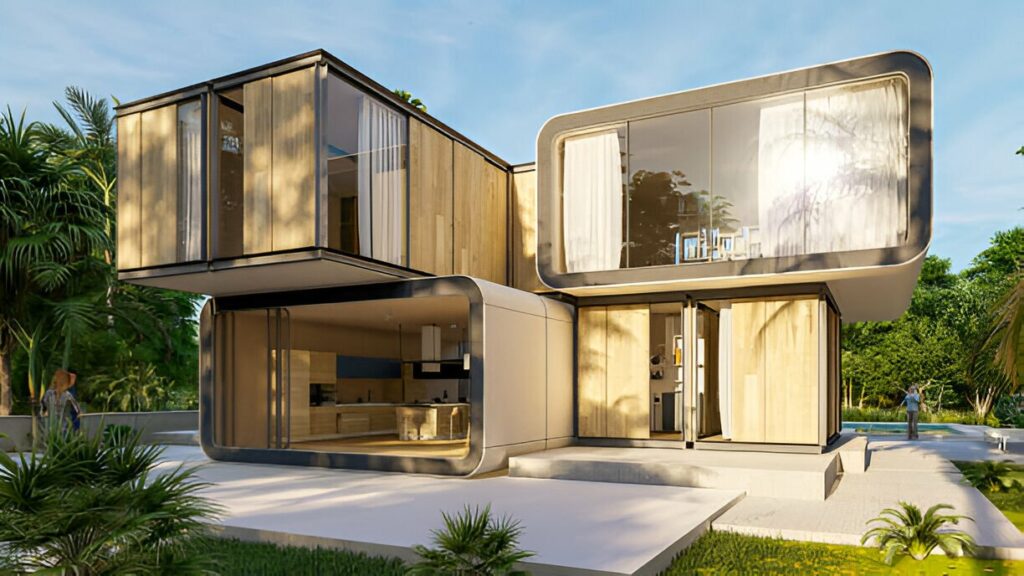
Benefits of Modular Houses
Below, we’ll explore the key benefits of modular houses through detailed explanations, a comparison table, and a concise list of highlights.
- Speed of Construction
Modular homes can be built significantly faster than traditional homes because the construction process is not subject to weather delays. Factories operate year-round, ensuring a timely and efficient building schedule.
- Cost Efficiency
Building modular houses can be more cost-effective due to bulk purchasing of materials and reduced labor costs. Additionally, the controlled environment of a factory setting minimizes waste and theft.
- Quality Control
The factory environment allows for strict quality control measures. Each module undergoes rigorous inspections and tests to ensure it meets or exceeds building codes and standards.
- Environmental Benefits
Modular homes are often more sustainable. The precise construction process reduces waste, and the materials used can be more eco-friendly. Additionally, the improved insulation and energy-efficient designs contribute to lower utility bills.
- Flexibility and Customization
Modular houses offer a high degree of flexibility in design. Homeowners can choose from various floor plans, styles, and finishes. Modules can be easily added or modified to suit changing needs.
- Durability and Strength
Modular homes are designed to be transported and assembled, which means they often use more robust construction techniques and materials to ensure they withstand the rigors of transport and installation.
| Feature | Modular Houses | Traditional Houses |
|---|---|---|
| Construction Time | 2-3 months | 6-12 months |
| Cost | Generally lower | Generally higher |
| Quality Control | Factory-controlled, consistent | Site-dependent, variable |
| Environmental Impact | Reduced waste, eco-friendly options | More waste, less eco-friendly |
| Customization Options | High flexibility, modular changes | High flexibility, but fixed once built |
| Durability | High due to transportation needs | Standard construction techniques |
Cost-Effectiveness of Modular Houses
Modular houses offer cost advantages compared to traditional stick-built homes. The streamlined construction process reduces material waste and labor expenses, leading to overall lower costs for homeowners. Additionally, modular homes are energy-efficient, which translates to long-term savings on utility bills.
Quick Construction Time
One of the significant advantages of modular houses is their quick construction timeline. Since the modules are prefabricated off-site, the on-site assembly process is expedited, significantly reducing the overall construction time. Homeowners can move into their new modular home much faster than with traditional construction methods.
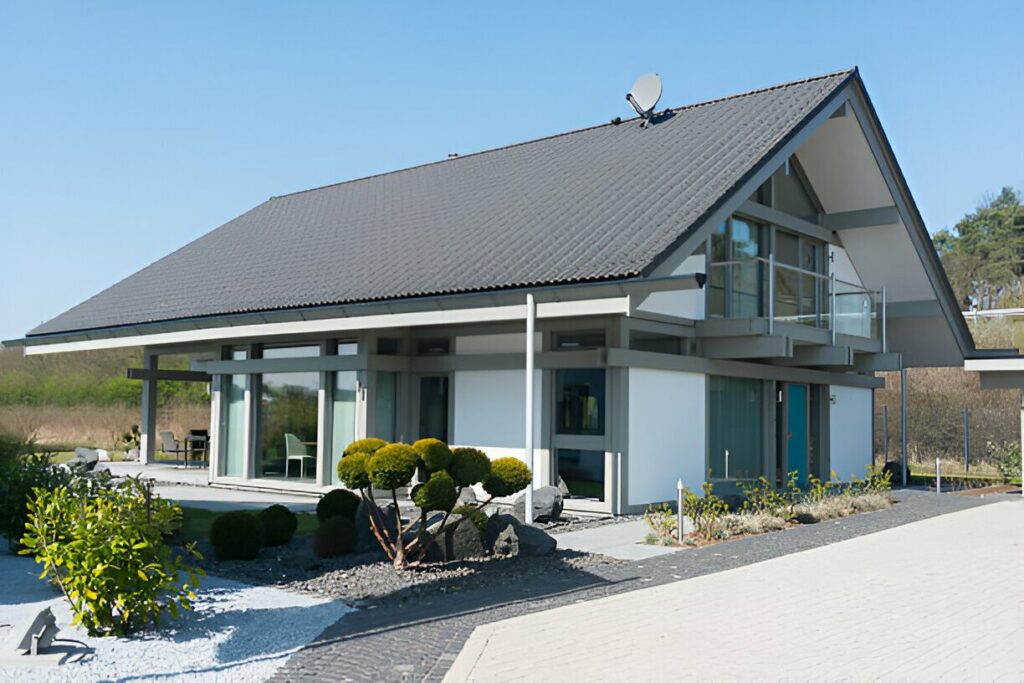
Customization Options in Modular Houses
Modular houses offer a wide range of customization options to meet individual preferences and needs. From floor plans and layouts to finishes and fixtures, homeowners can personalize their modular homes to reflect their unique style and requirements. Whether you prefer a modern aesthetic or a more traditional design, modular houses can be tailored to suit your taste.
Resale Value of Modular Houses
Investing in a modular house can offer a good return on investment due to their increasing popularity and durability. These homes tend to retain their value well over time, making them a sound financial choice for homeowners looking to sell in the future.
Safety and Durability of Modular Houses
Modular houses are constructed to meet rigorous building codes and standards, ensuring structural integrity and safety for occupants. The controlled factory environment in which the modules are built also contributes to higher quality control and precision in construction, leading to durable and secure homes.
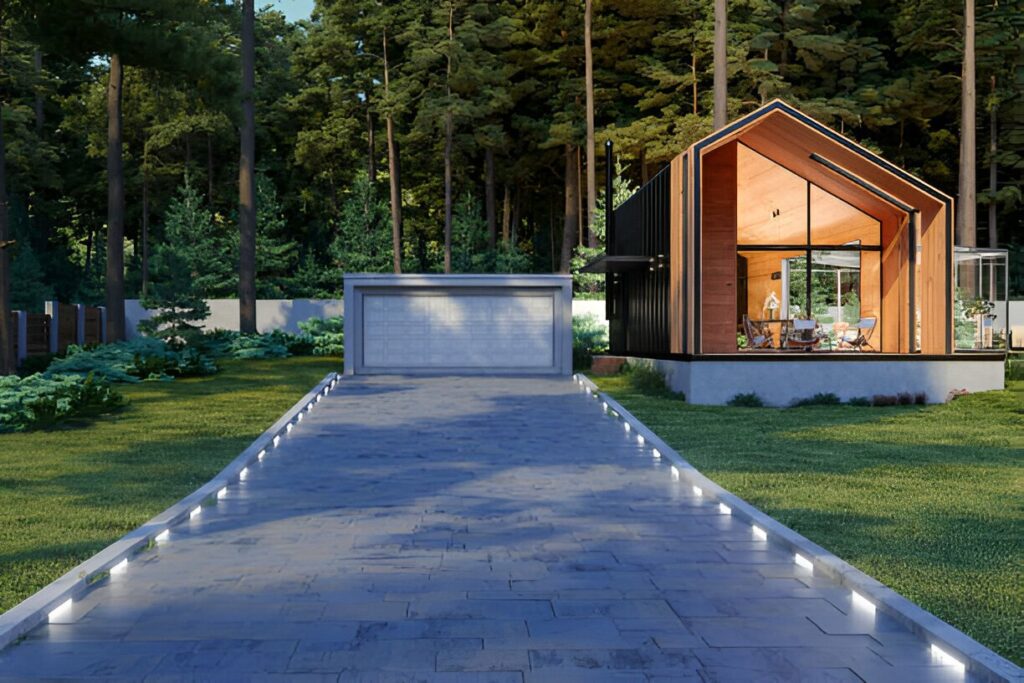
Modular House Design Trends in 2024
In 2024, modular house design trends are focusing on innovative and sustainable features. From smart home technology integration to flexible floor plans that adapt to changing needs, modular houses are at the forefront of modern architecture and design trends. Triplex villas, in particular, are gaining popularity for their unique layouts and versatility.
Construction Process Comparison
The construction process of modular houses differs from traditional houses in that modular homes are built in a factory setting and transported to the site for assembly. This method allows for faster construction timelines and greater precision in building.
Architectural Flexibility
While traditional houses offer more flexibility in design changes during construction, modular houses also provide a high degree of architectural flexibility. Homeowners can work with designers to customize their modular homes to their liking, ensuring that the final product meets their expectations.

